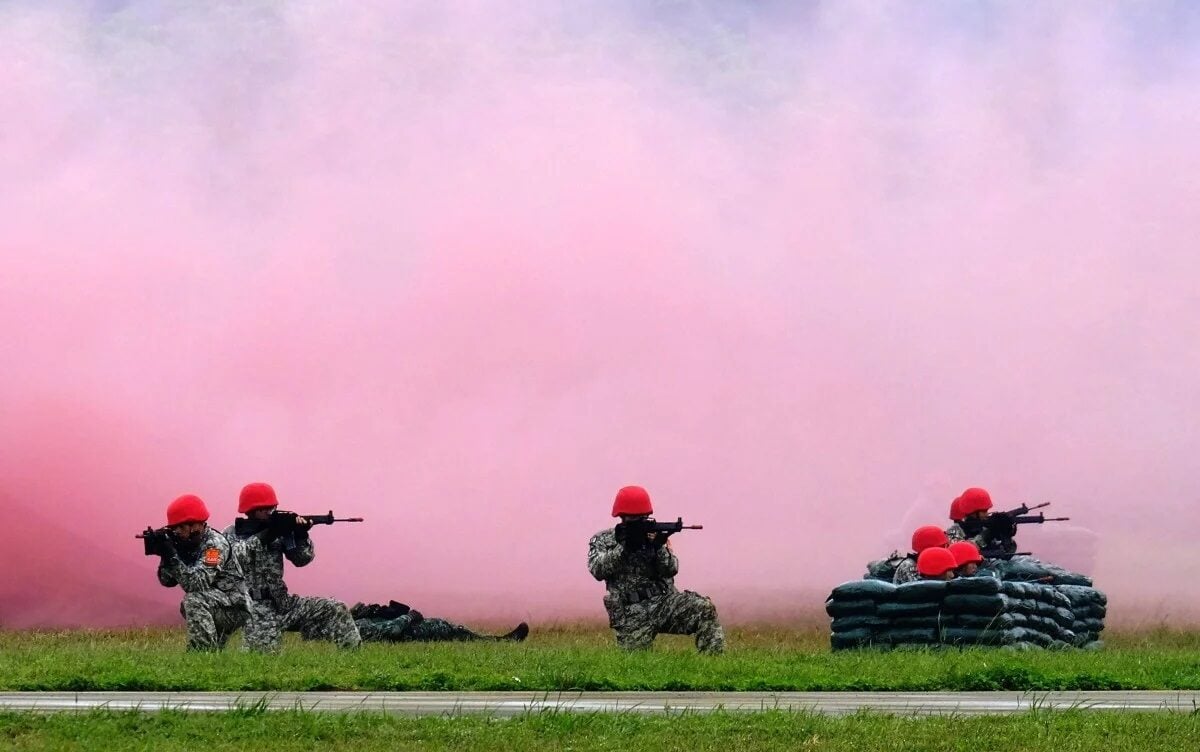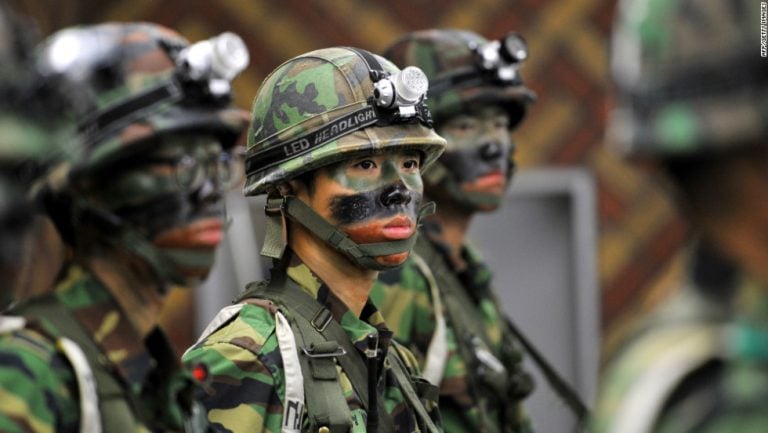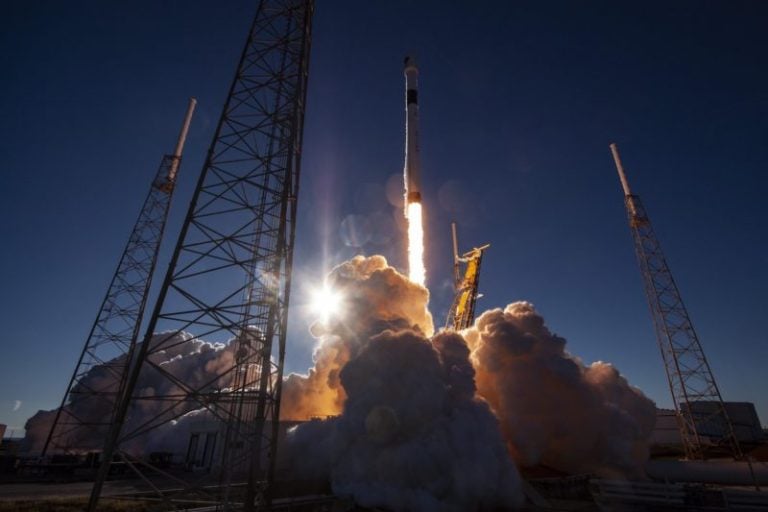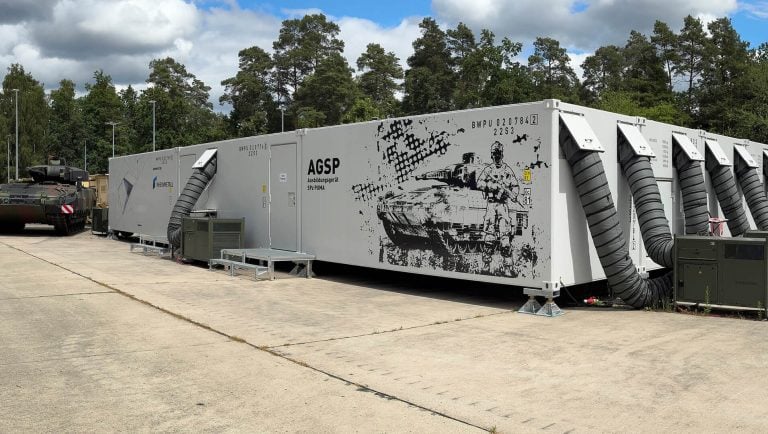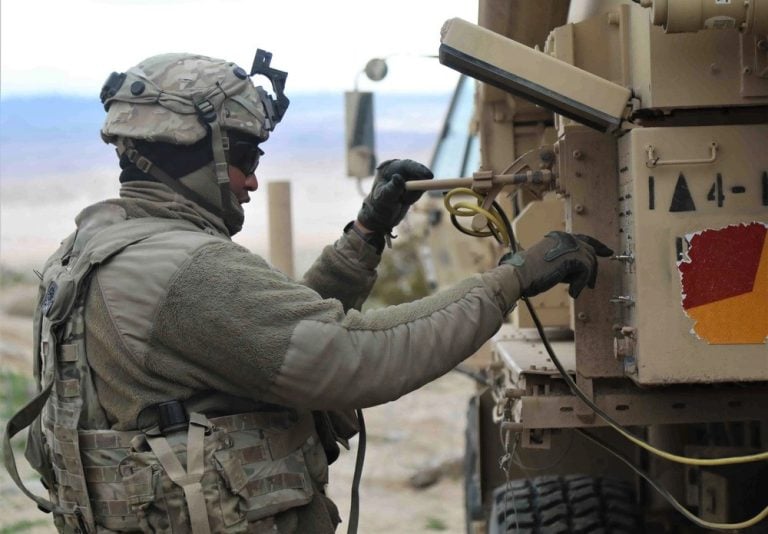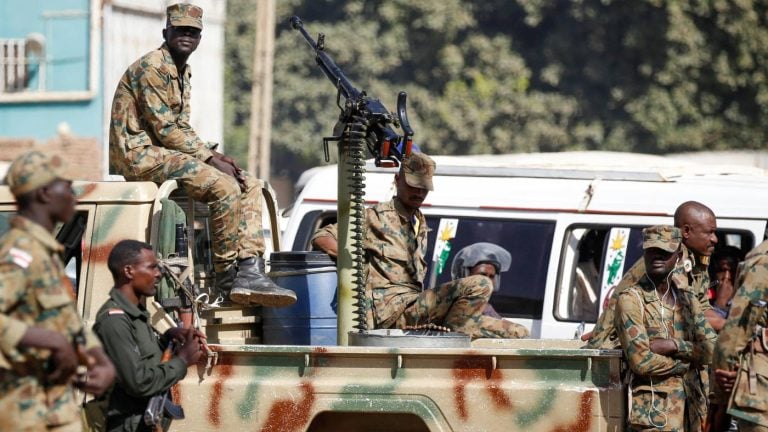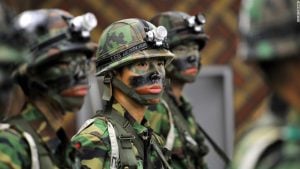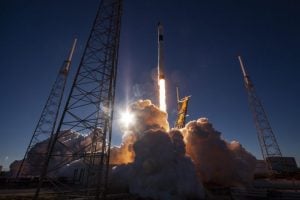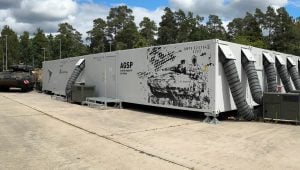Taiwan is set to commence its annual military drills on Wednesday, a significant event that will prominently feature newly acquired high-tech rocket systems from the United States. The primary objective of these exercises, scheduled from July 9 to 18, is to enhance the self-ruled island’s preparedness for a potential attack from China, which claims sovereignty over Taiwan.
This year’s comprehensive drills, known as “Han Kuang,” will see the largest deployment of reservists to date, with approximately 22,000 participating. The exercises will run for a total of ten days and nine nights, an extension from the previous year’s five-day format. Alongside military maneuvers, the drills will coincide with civilian defense activities, reflecting Taiwan’s commitment to national readiness amidst increasing Chinese military pressure.
In recent years, the threat of invasion has loomed over Taiwan as China has intensified its military activities, routinely deploying fighter jets and warships in the vicinity of the island. In response, Taiwan has proactively increased its defense budget and sought out advanced, agile weaponry, including drones, to enable a strategy of asymmetric warfare against a generally more powerful adversary.
Taiwan’s Defense Minister Wellington Koo emphasized the drills’ importance in sending a message to both the international community and China regarding the island’s determination to defend its sovereignty. “We are serious about boosting our military capability,” Koo stated, asserting that the nation’s military is ready and capable of defending its democratic way of life.
The drills include various simulated scenarios, such as “grey zone harassment” tactics that do not amount to direct military aggression, as well as preparations for long-range precision strikes aimed at countering an anticipated Chinese invasion, which U.S. officials have suggested could occur as early as 2027. Recent acquisitions like the High Mobility Artillery Rocket Systems (HIMARS) from the United States will play a crucial role in these exercises, which will also feature live fire events involving advanced U.S.-made M1A2 Abrams tanks.
The backdrop to these military activities is a tour by President Lai Ching-te, a vocal advocate for Taiwan’s sovereignty and notably opposed by Beijing. His speeches around the island aim to unite the populace amid rising tensions, as China has conducted several large-scale military drills in the region since Lai took office.
Experts from the risk analysis firm Eurasia Group have indicated that further military exercises by China post-July are likely, particularly in response to the content of Lai’s speeches. They cautioned that any military exercise from China featuring live fire or an extended duration could escalate tensions, underscoring the delicate and contentious state of affairs in the Taiwan Strait.
